Clean Transportation
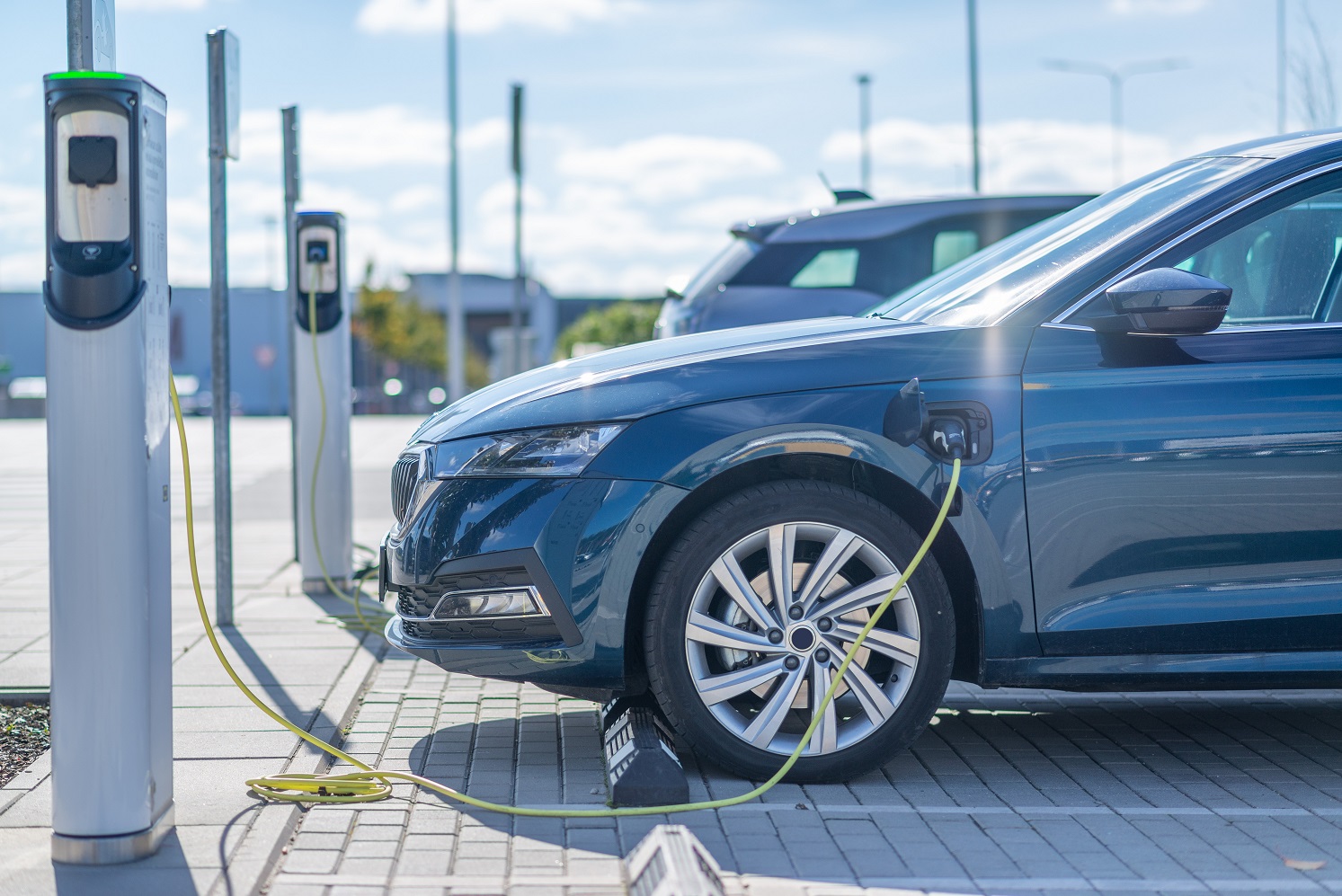
"These populations are particularly sensitive to transportation pollution due to health, economic and other environmental factors. To meet emission reduction limits, vehicles will need to operate on renewable fuels, such as biofuels, electricity and hydrogen, and communities must reduce miles traveled, as well as increase transit, cycling and walking."
Clean Transportation Updates
Clean Transportation Programs
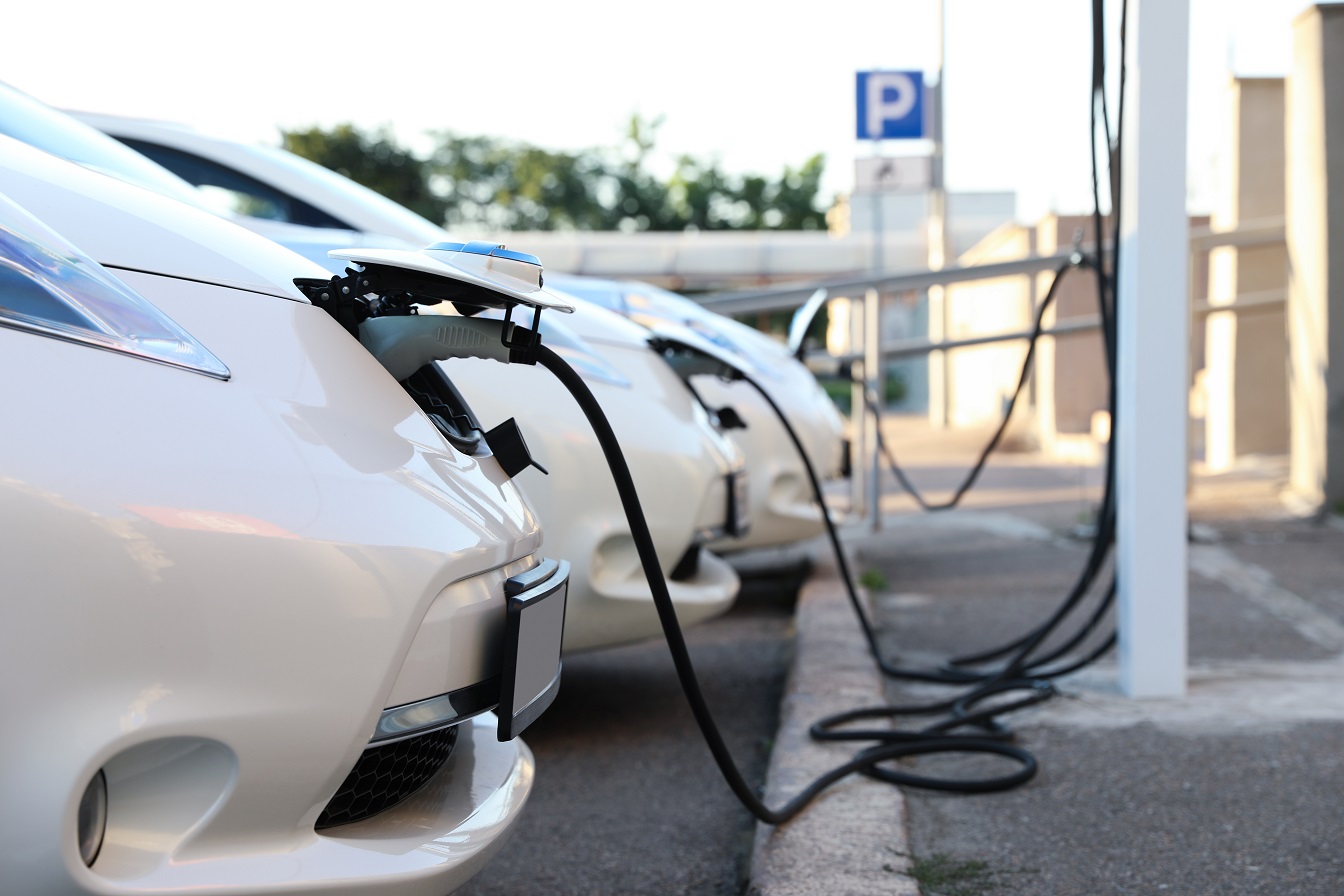
EV Coordinating Council
The EV Coordinating Council is co-led by the Departments of Commerce and Transportation, who are joined by eight other agencies to: create a statewide transportation electrification strategy; plan to achieve the state’s 100% electric passenger and light-duty vehicle sales starting in model year 2030; and coordinate all federal and state electric vehicle-related funding.
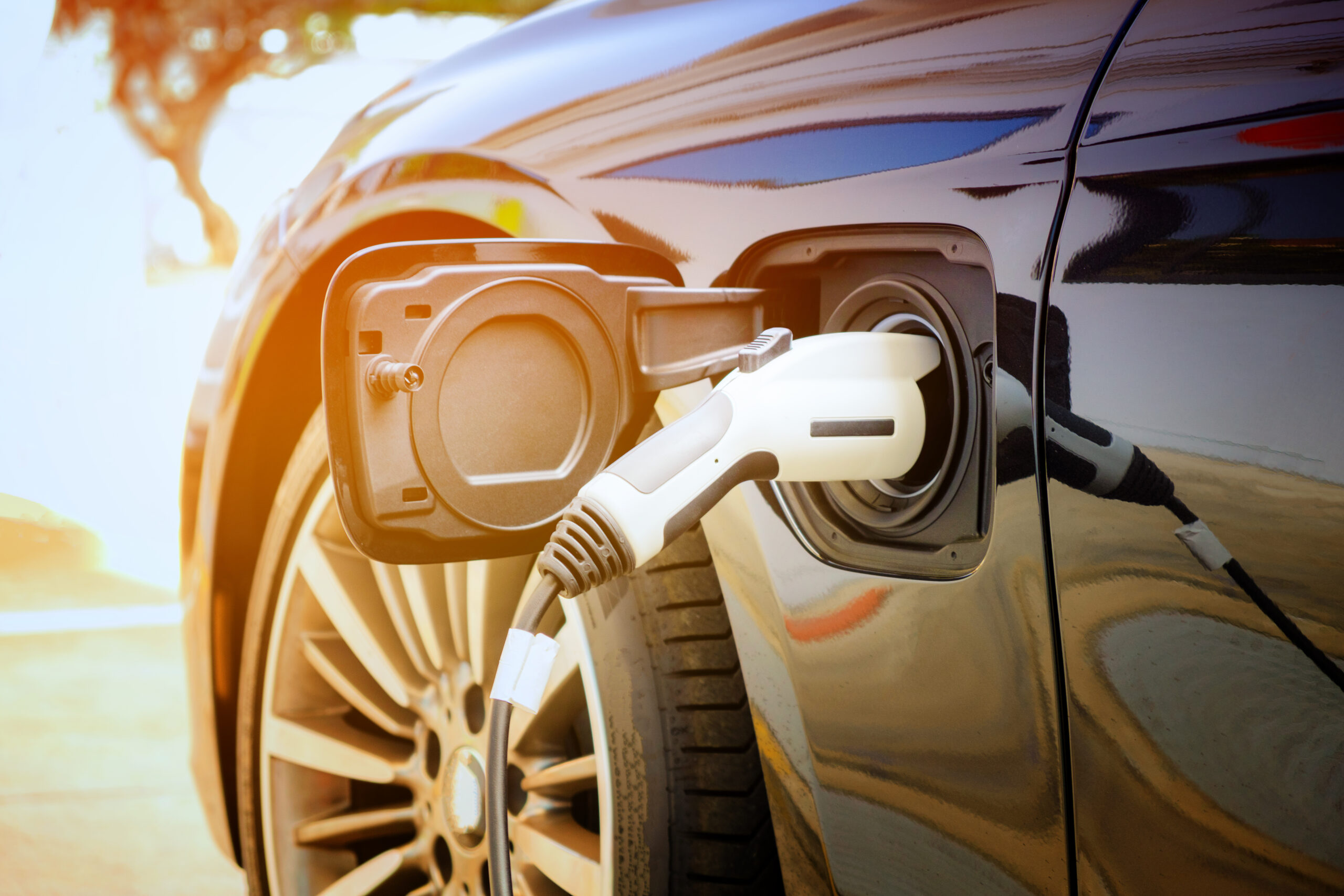
Transportation Electrification Strategy (TES)
The EV Coordinating Council has been tasked with creating a statewide Transportation Electrification Strategy (TES) by the end of 2023 and ensuring that electric vehicle incentives and infrastructure are accessible and available to all Washingtonians.
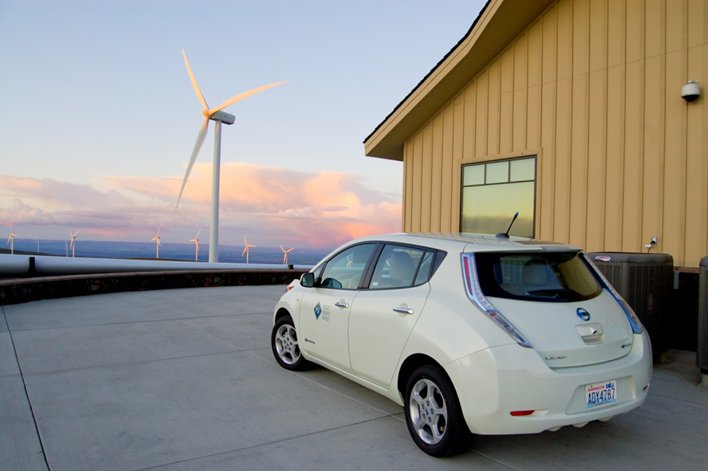
Electric Drive Washington
Electric vehicles continue to make inroads in reducing our dependence on traditional fuel sources and reducing our carbon footprint in Washington State. The Department of Commerce engages a broad range of stakeholders to develop policies and tools to usher in this new era of more sustainable transportation.
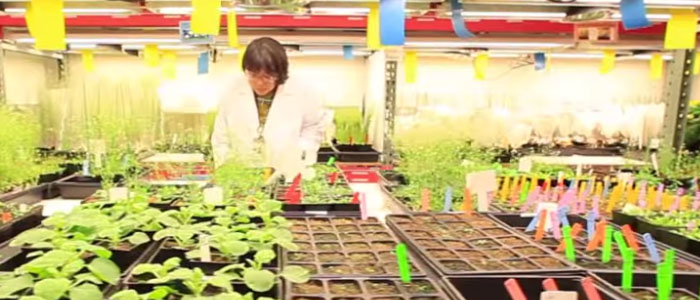
Transportation and Fuels
Washington's investment in biofuel industries creates new jobs, markets, businesses and technologies while the switch to renewable alternatives to power electric vehicles increase the effectiveness of our energy system, reduces use of imported fuels, and reduces our carbon footprint.
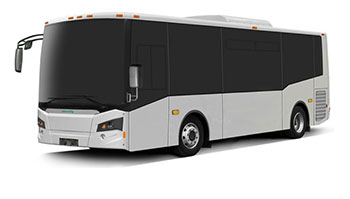
Electrification of Transportation Systems Program
This grant fund is for the continued transformation of the electric transportation market in Washington State. The Electrification of Transportation Systems Program (ETS) provides grants to Washington local governments, Tribal Governments, and retail electric utilities for electric vehicle charging infrastructure.
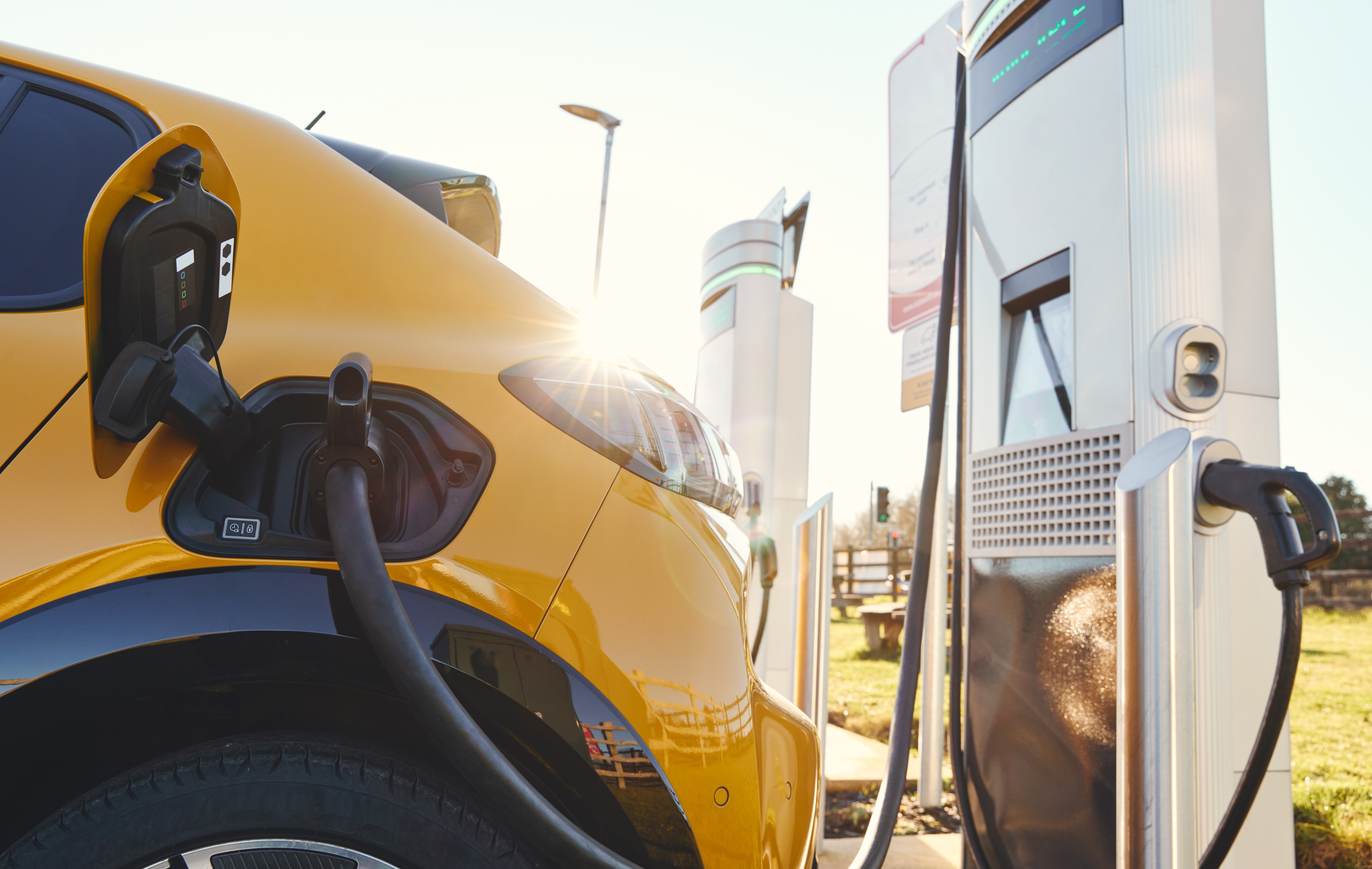
EV Government Resources
Washington governments are working to become Plug-in Electric Vehicle ready by planning and building a charging infrastructure. Cities and counties are leading the way by investing in electric vehicle infrastructure and are adding electric vehicles to their vehicle mix.
Contact
Deborah Reynolds
Clean Transportation Managing Director
Email: Deborah.Reynolds@Commerce.wa.gov
Phone: 360-725-2803
Steven Hershkowitz
Senior Policy Specialist, Transportation Electrification
Email: Steven.Hershkowitz@Commerce.wa.gov
Phone: 360-688-4006
Steven Polunsky
Senior Policy Specialist, Clean Transportation & Hard to Decarbonize Sectors
Email: Steven.Polunsky@Commerce.wa.gov
Phone: 360-764-3159
